President Trump is vehemently opposed to DEI (diversity, equity, and inclusion). He made it clear during his inaugural address that DEI will no longer be part of the federal government staffing process. He views DEI as discriminatory, advocating for race-blind and merit-based hiring and evaluation, focusing on supporting and rewarding the best talent available.
When one looks more closely at what the president opposes about DEI, he is focused on the dark side of DEI, namely tokenism. This is when DEI is used to define outcomes and reward performance that does not align with merit, rather than create opportunities.
Yet there already exists a model for DEI on college campuses that would be consistent with the president’s views, namely, how student athletes are recruited for college sports and how coaches are developed and hired.
DEFUNDING DEI: HERE’S HOW THE TRUMP ADMINISTRATION HAS UNDONE BIDEN’S VERY PRIZED PROGRAMS
Every college sport’s team strives to be the very best. They seek to compete at the highest level, winning conference titles, and for some, national championships.
As anyone who has played a sport at some point in their life, the skills of the participants are critical factors for success on the playing field. That is why recruiting is such an important activity of college coaches and their staff.
Take for example, men’s college basketball, which recently completed their season. Both ESPN and 247 Sports rank the top high school seniors, providing an evaluation of their performance that benefits coaches and informs fans. These rankings are then used to assess the quality of each college’s incoming freshman class, a reasonable predictor of future success on the court.
Of course, the ease at which players can move between schools via the transfer portal creates a cloud of uncertainty around such school rankings. Names, Images, and Likeness (NIL) contracts also play a critical role in where players choose to play, as the once scorned “pay to play” model has now become the norm.
Nonetheless, attracting the very best talent to a team, independent of how it is done, is always a high priority to enable success on the court.
Yet talent on the court can be squandered without quality coaching. The primary objective of every athletic director is to facilitate successful programs that develop student-athletes into good citizens, both on and off the court. Their objective is to hire the best available coaches who can build a winning culture. This means that hiring decisions are naturally driven by merit. However, with a highly diverse pool of candidates to pick from, diversity is naturally built into the merit-based selection process.
Of greater importance is that the players themselves are recruited based on merit. They all want to be part of winning programs. Striving to have winning programs demands winning coaches, all of which takes time to develop and nurture.
What college sports teach is that success comes from using merit as the primary metric to assemble teams and coaching staff. It also tells us that a large pool of potential (and interested) student athletes who wish to become future coaches means that there are many applicants to draw from, a key driver for permitting coaching staffs to resemble the pool of players.
CLICK HERE FOR MORE FOX NEWS OPINION
The lesson learned here is that creating diverse campuses based on merit demands a diverse pipeline. This does not begin at faculty and student recruiting committees and in DEI offices on campuses, but in K-12 schools, and perhaps in the homes of these children, where future leaders are being nurtured and honed.
Such efforts are the long game for enhancing diversity on campuses, and in society. Attempts to sidestep the necessary investments to create a high-quality pipeline leads to suboptimal outcomes. The Supreme Court ruling ending affirmative action admissions and actions taken by the University of Michigan and the challenges that they had with their DEI programs suggest that shortcuts are not the solution.
As aspirational as diversity is, without merit, diversity is tainted. The two can and should walk together, so that when diversity excels, merit stands tall with it, just as it does on the playing fields in college sports.
College sports provides an informative model for enhancing diversity within a merit-based system. Such lessons can be used across the entire campus in academia, to yield a diverse student body and faculty, while maintaining the highest standards of merit that everyone expects, deserves, and respects. This is what the president values, and why college sports are the ideal model for him to advocate for across college campuses.


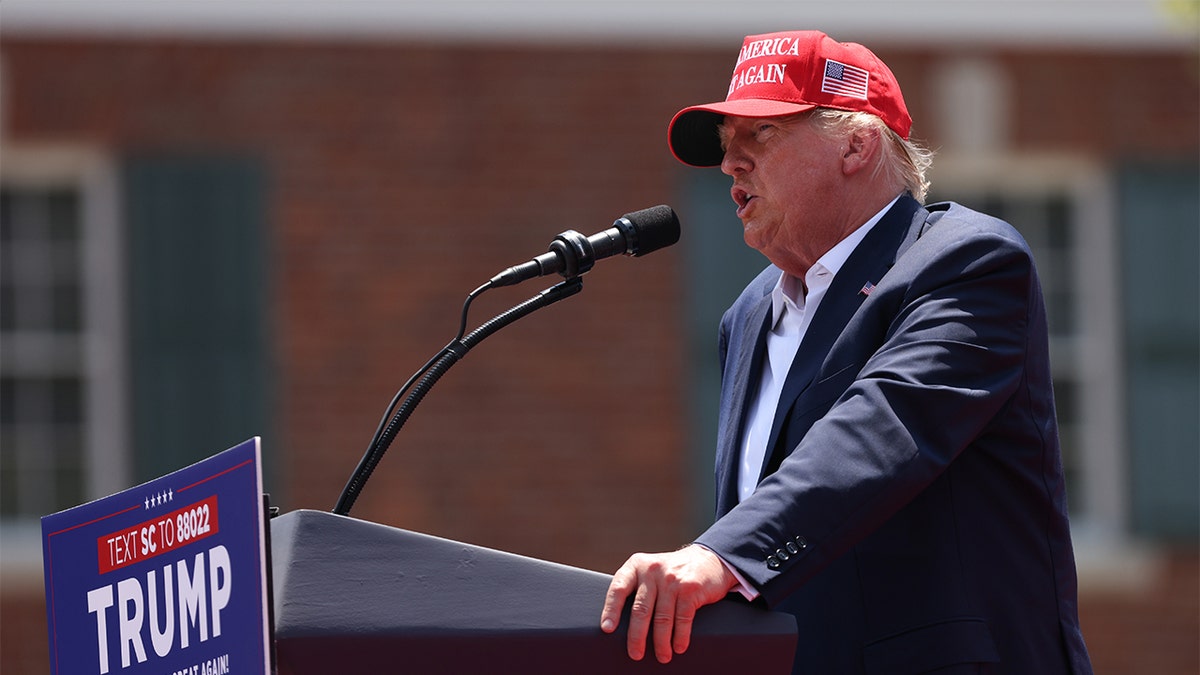
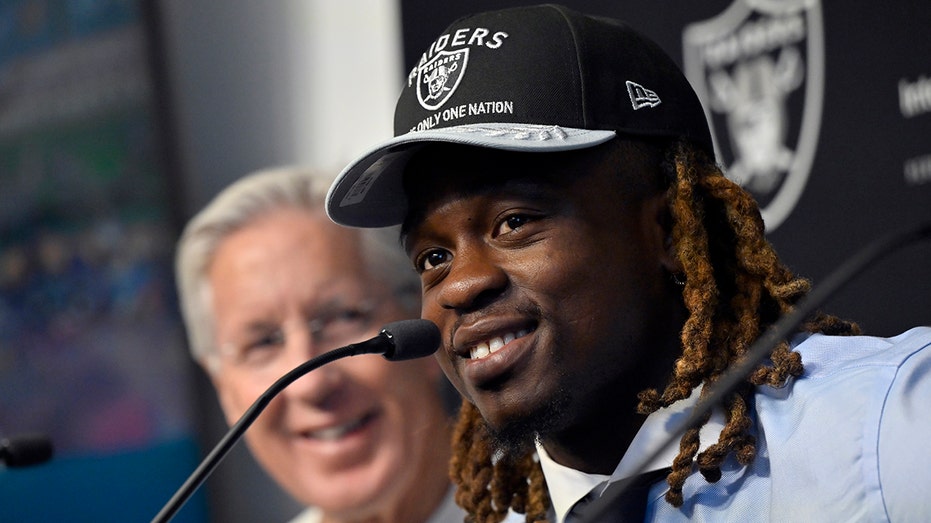





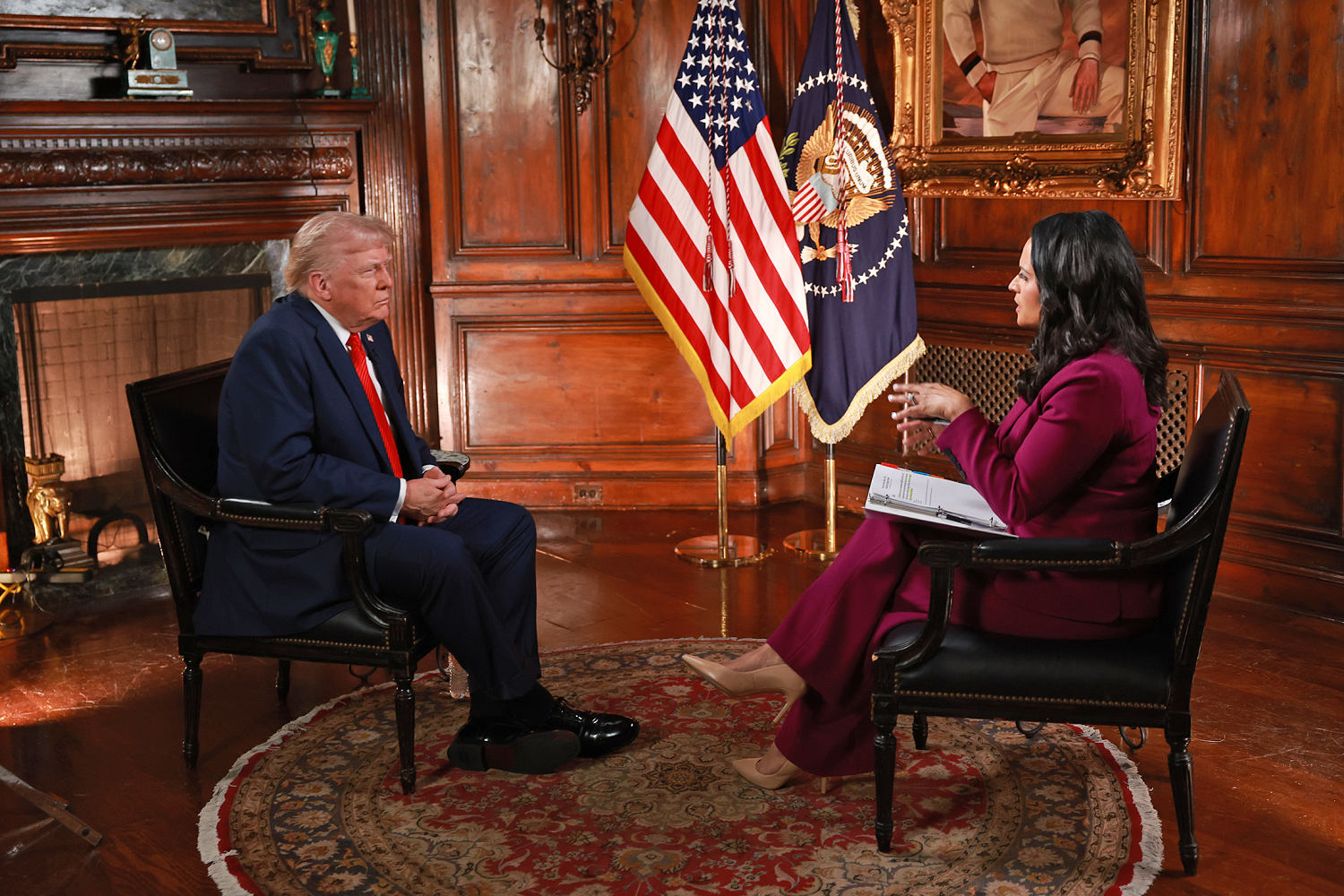


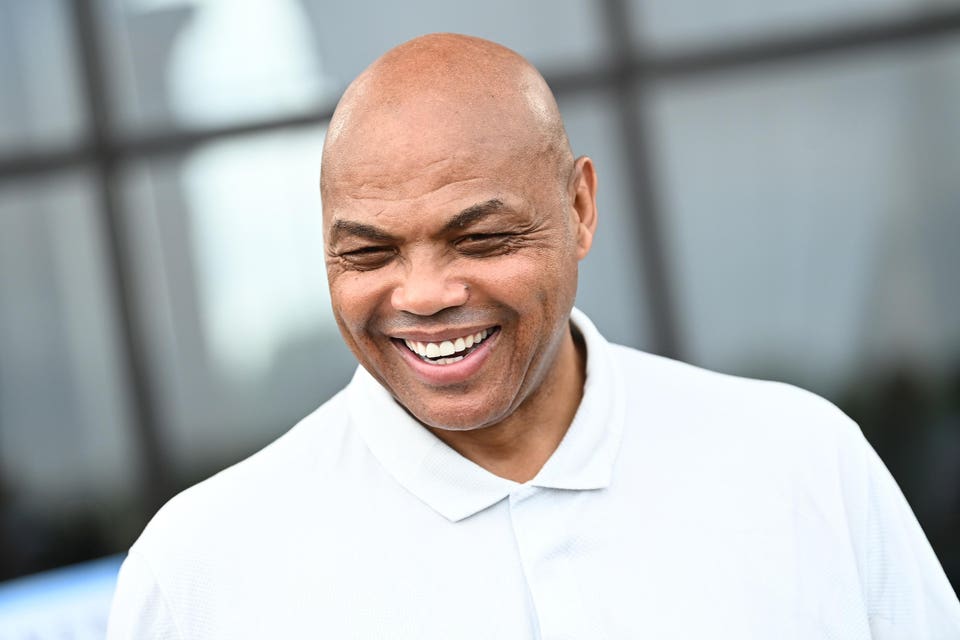


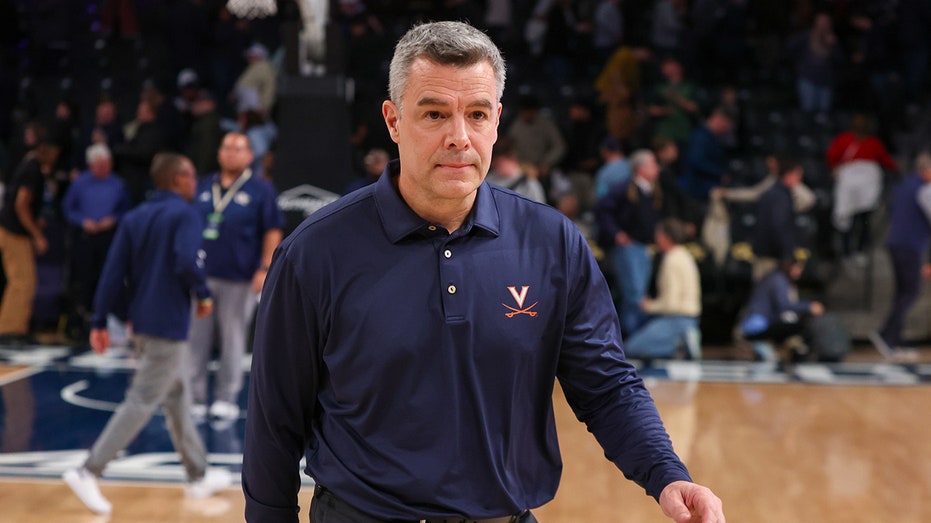
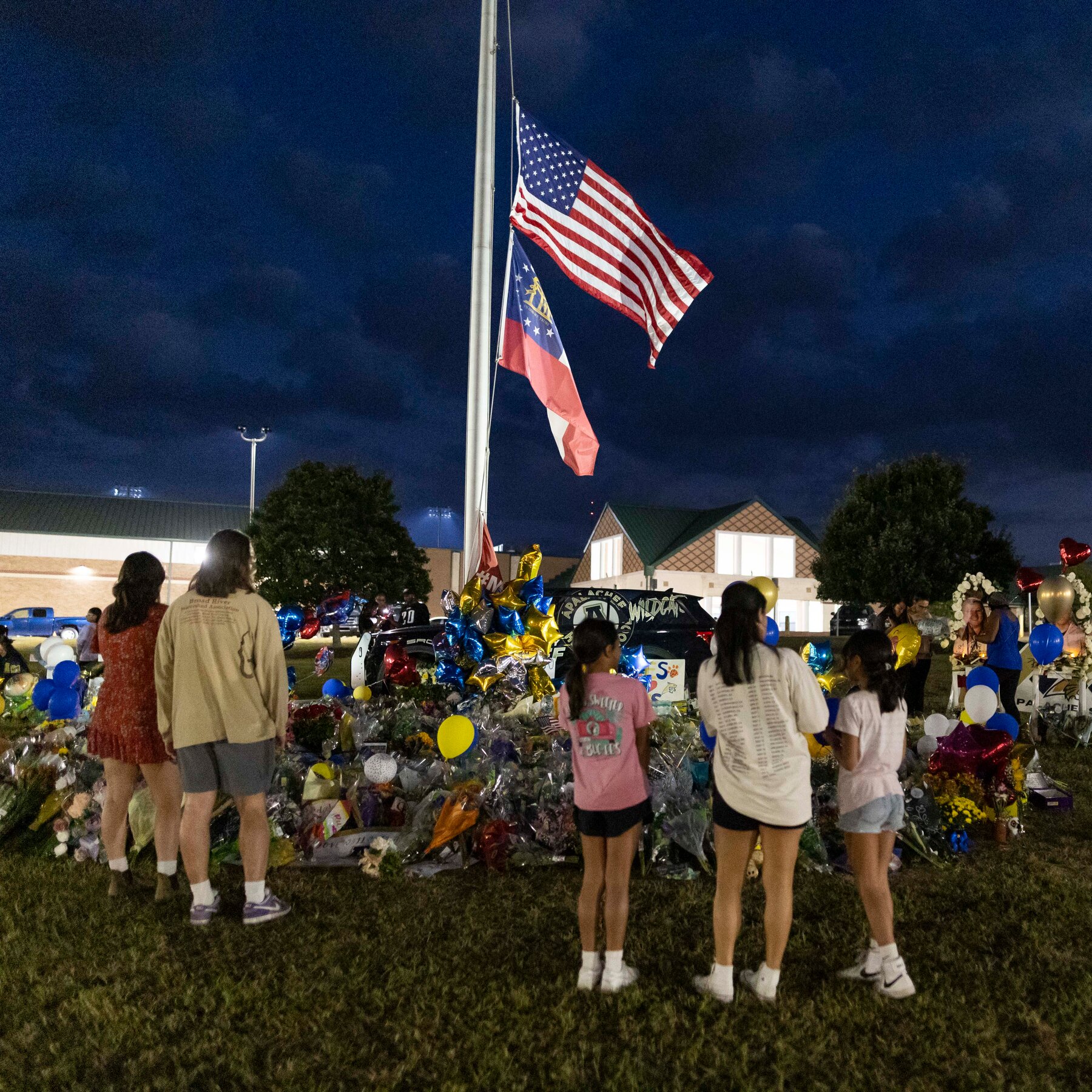
Leave a Reply